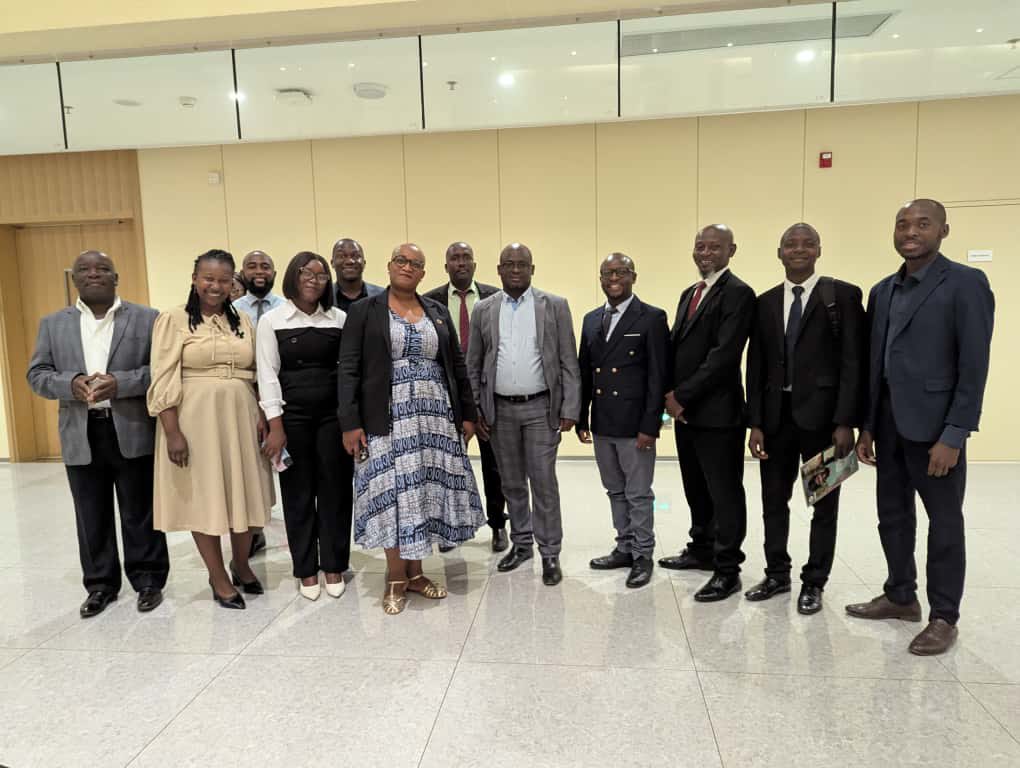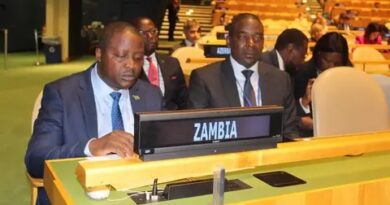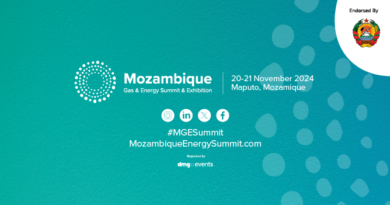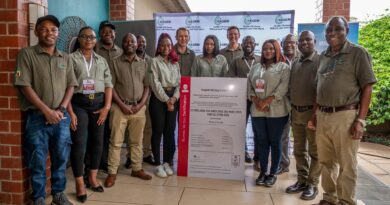Low WASH Budget Execution Threatens Zambia’s Water Security, Warns NGO Forum
The Zambia NGO WASH Forum has raised concern over the persistent low execution of the national Water, Sanitation and Hygiene (WASH) budget, warning Parliament that delays in disbursement and procurement inefficiencies are undermining service delivery and climate resilience.
Speaking during the 2026 national budget engagement with the Parliamentary Committee on Water Development, Energy and Tourism at Mulungushi International Conference Centre in Lusaka, Forum Coordinator Bubala Muyovwe Mumba revealed that in 2024, only 58% of the allocated WASH budget was disbursed, with rural water supply programmes receiving less than 40% of planned funding.
According to data presented by Ms Mumba, budget execution variances stood at 42.1% in 2021, 46.8% in 2022, 50.7% in 2023, and 58% in 2024. She cited the Zambia Institute for Policy Analysis and Research (ZIPAR) 2025 mid-year budget performance report, which showed that only 4.2% of the 2025 WASH budget had been released by mid-year.
Ms Mumba underscored the need for timely and predictable domestic financing, describing it as more stable than fluctuating official development assistance (ODA). She warned that overreliance on external funding risks eroding local ownership and long-term maintenance of water infrastructure.
“Domestic funding is essential for long-term planning, maintenance, and the sustainable delivery of services,” she said. “When communities and governments are financially invested in their water systems, they are more likely to take responsibility for their upkeep.”
She further called for enhanced transparency, tariff reforms, and alignment with Sustainable Development Goal 6 and Zambia’s climate resilience objectives. Ms Mumba noted that while the Ministry of Water Development and Sanitation received a nominal increase to K9.6 billion in the 2026 national budget, a 9.4% rise from 2025, the ministry’s share of the total budget declined from 1.3% in 2025 to 1.0% in 2026, down from 1.81% in 2021.
Over 90% of this allocation is directed towards infrastructure development, leaving less than 30% for operations, maintenance, and institutional support, which are critical components for sustainable service delivery.
Meanwhile, Freeman Mubanga, Integrated Water Resource Management (IWRM) and Climate Change Advisor under the Water Voices United (WVU) Project, urged the integration of climate resilience into WASH planning and budgeting. He noted that recurring droughts and floods continue to threaten Zambia’s water security.
“While infrastructure investments are increasing, many projects lack climate-proofing measures, leaving communities vulnerable to recurring disruptions,” he said.
Committee Member Lameck Hamwaata also raised concern over the lack of community ownership of water facilities, while Acting Committee Chairperson Binwell Mpundu warned against raising tariffs without improving service delivery, drawing parallels to challenges in the energy sector.
The Parliamentary engagement was part of the Water Voices United Project, a four-year initiative co-funded by the European Union and Danish People’s Aid, implemented by SNV in partnership with the NGO WASH Forum.
The project seeks to strengthen civil society’s role in WASH governance and support Zambia’s commitment to achieving the Human Right to Water and Sanitation, ensuring a sustainable and equitable future for all.



